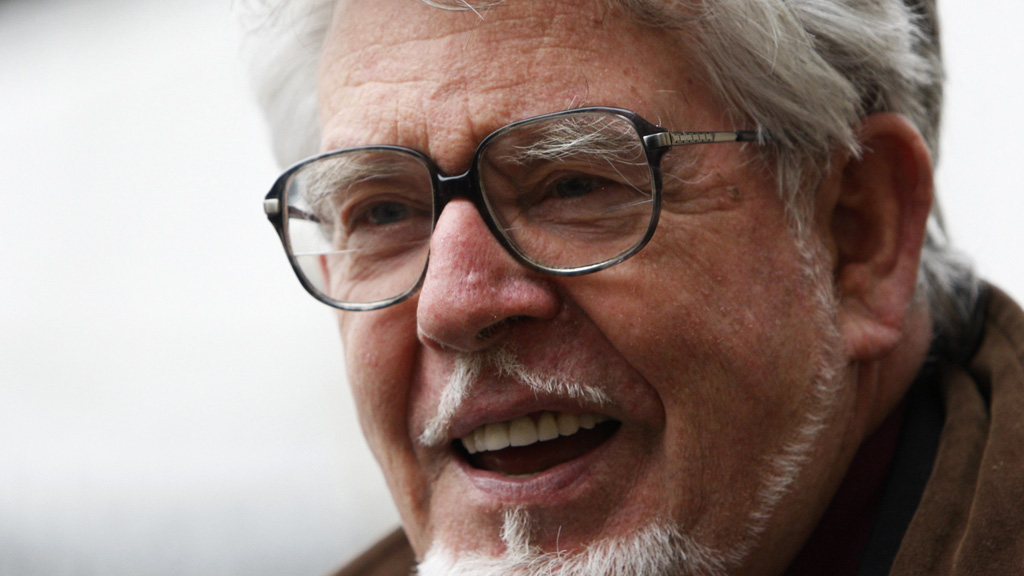Rolf Harris and a trial by media?
As the media reveals Rolf Harris as the celebrity quizzed over historical sex allegations, Simon Israel asks whether the media should identify such people before any charges are considered or brought.

A friend of mine is a retired school teacher, now in his 50s.
When he was 47, a 14 year old pupil made an allegation of indecent assualt against him.
The next four years were a nightmare. He was suspended but never charged.
When the girl was 18, she withdrew the accusation.
He was arrested questioned bailed and then the investigation was dropped.
Should people be identified?
His identity never entered the public domain.
I have no idea what the case is against him or the strength of the evidence – accusations he vehemently denies.
Neither I suspect does anybody else.
So I take issue with colleagues of mine in the media who are trying to drive home the idea it should be common practice not just for the media but the investgating authorities to name someone on arrest and before charge.
How many false allegations will it take to undermine such a practice?
Encouraging other victims to come forward
They argue that in a post-Savile era to name a potential perpretrator would encourage silent victims to come forward.
But isn’t there a risk this becomes another form of entrapment? Arrest, name then see what happens.
The Met commissioner Sir Bernard Hogan Howe is against it. ACPO is against it. Senior judges are against it.
It’s rare I agree with the established view. This time I do.
The eminent legal affairs commentator Joshua Rosenberg wrote recently against the judicial stance.
He said the public will just have to learn that there can be smoke without fire.
And who’s going to teach them? Us?
And what of my innocent friend the teacher…and his family. How do they get justice?